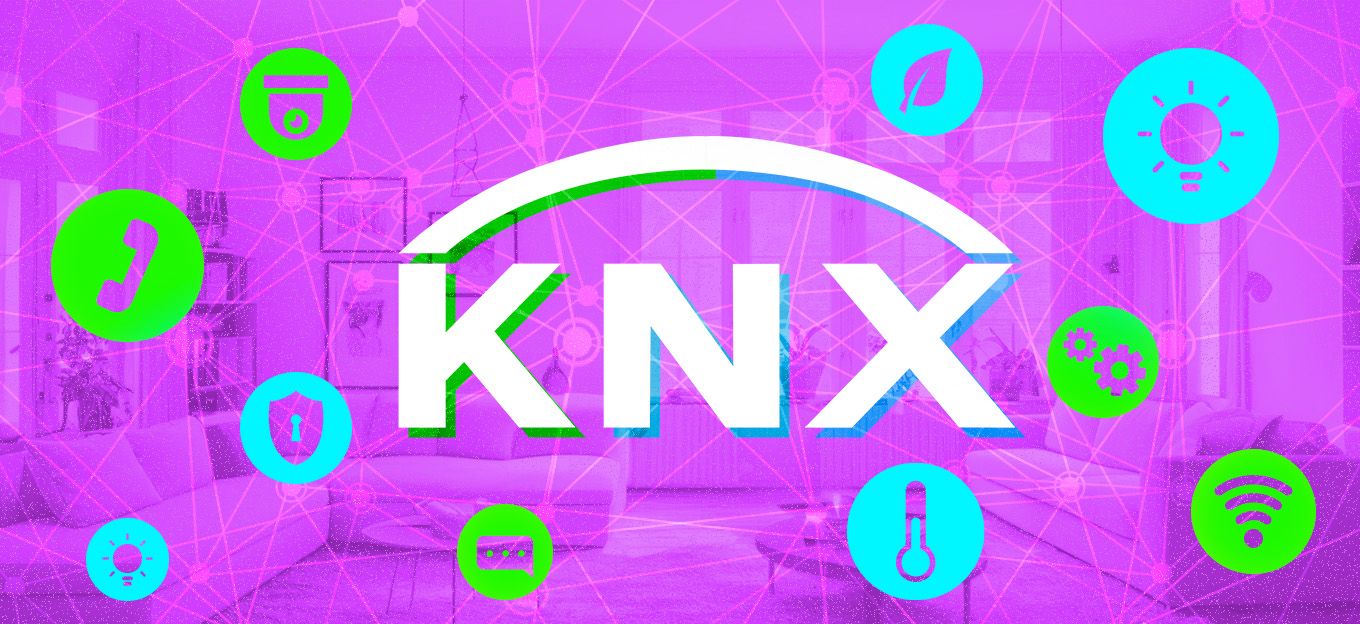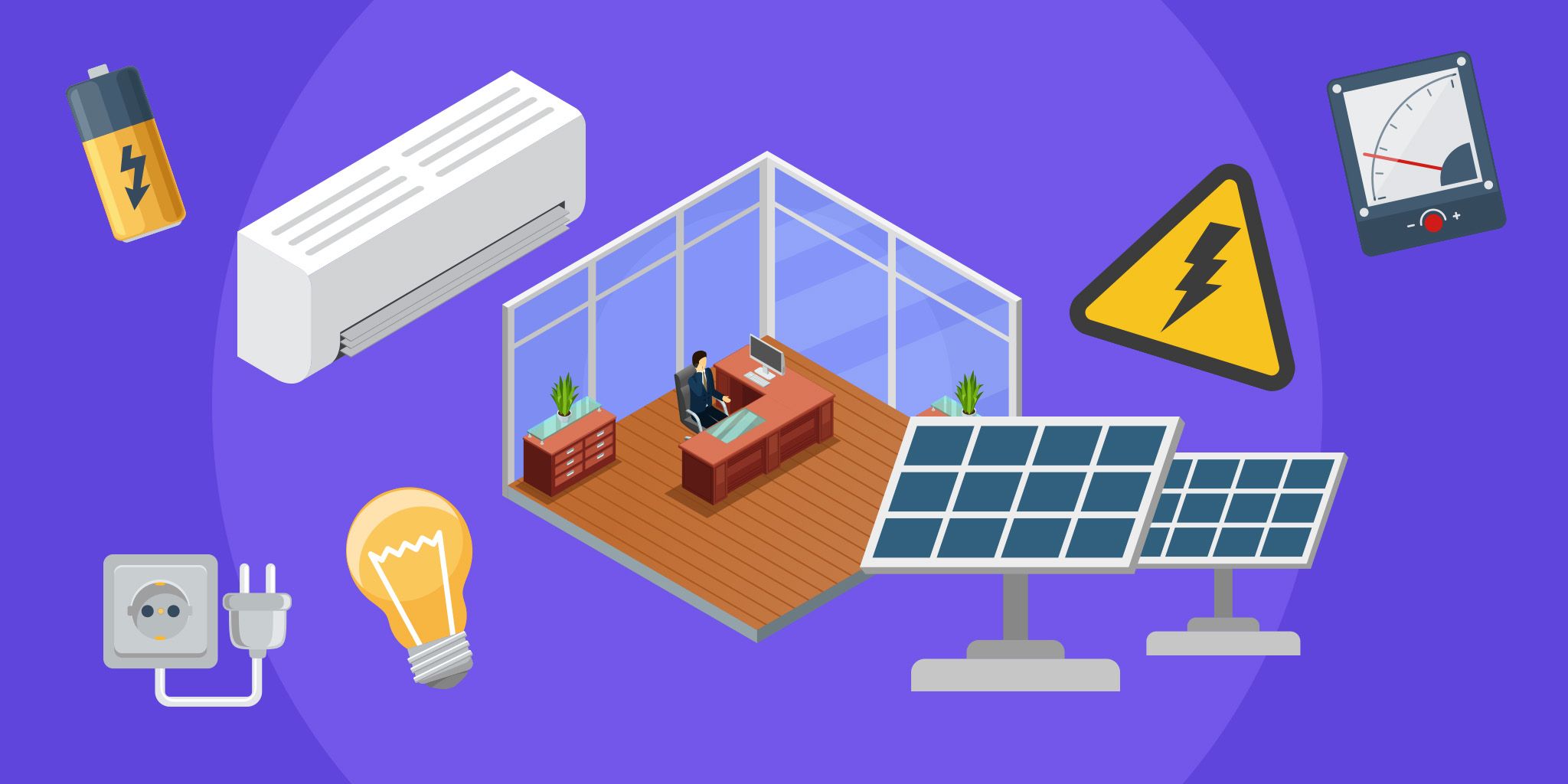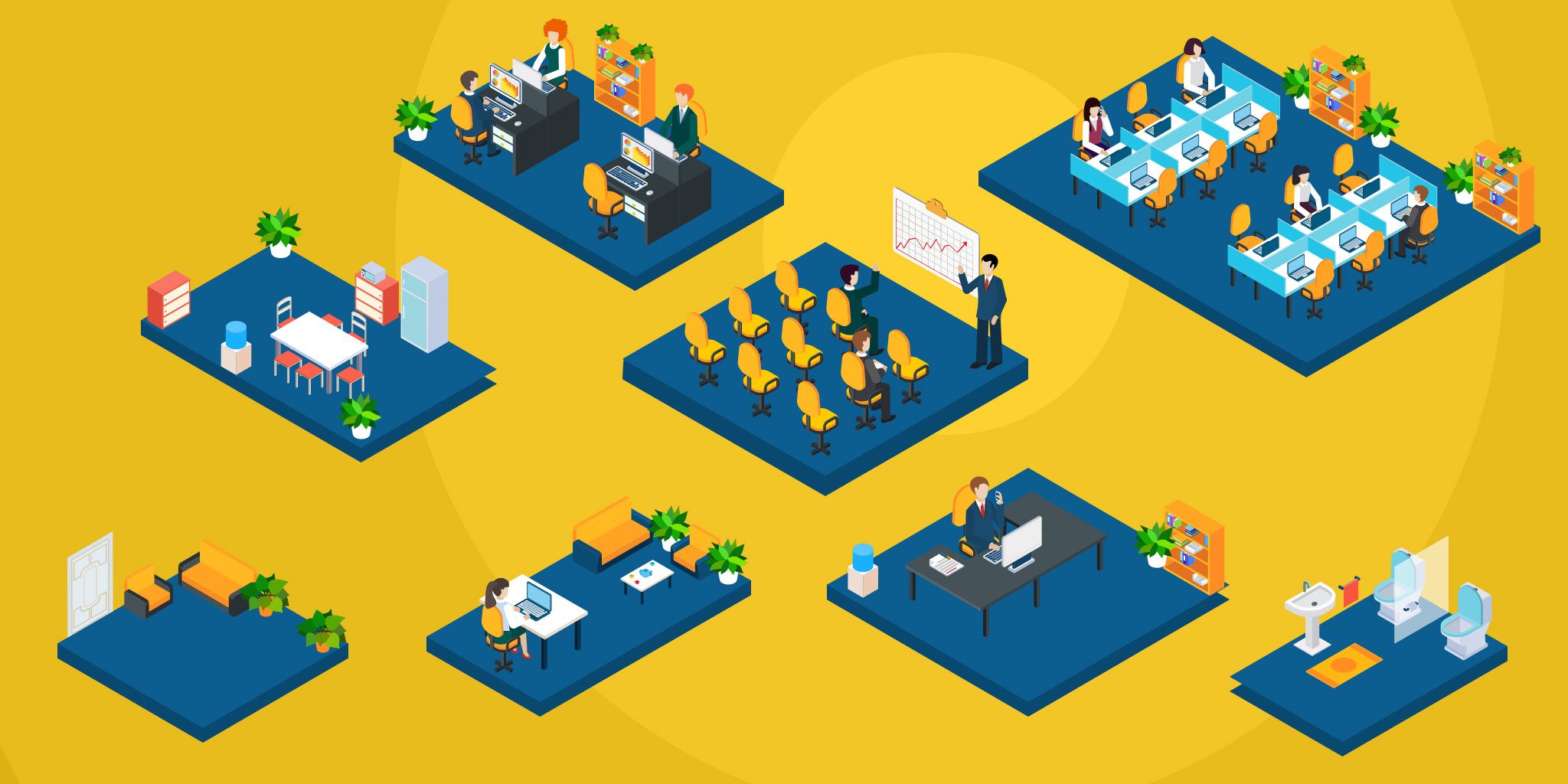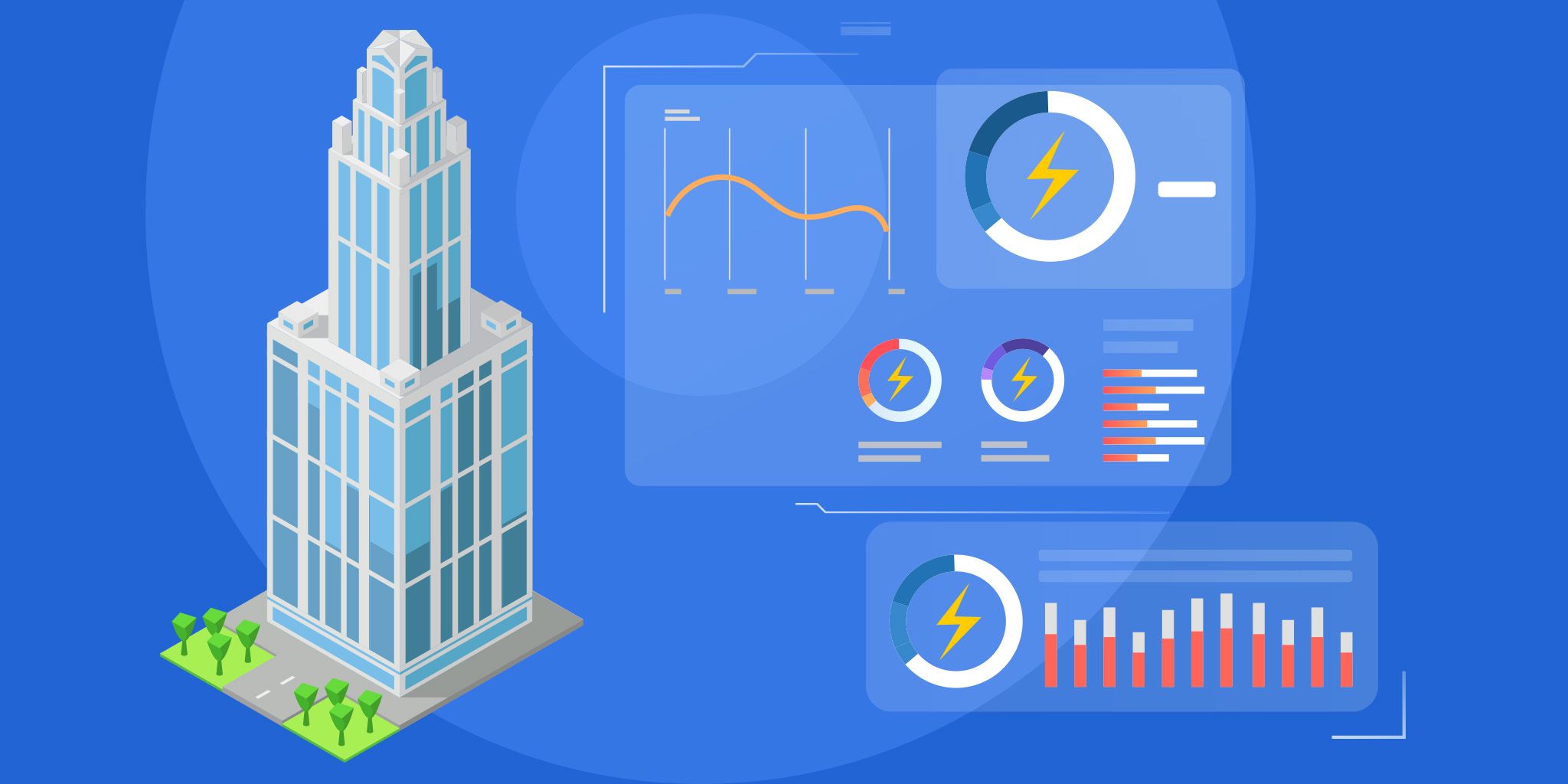From Smart to Responsive: Envisioning the Future of Architecture with AI
From Smart to Responsive: Envisioning the Future of Architecture with AI
- Last Updated: December 2, 2024
Guest Writer
- Last Updated: December 2, 2024



The Architecture of Tomorrow: AI Builds a New Reality
Artificial Intelligence (AI) is shedding its skin as a concept of the future and weaving itself into the fabric of our everyday lives. This revolutionary technology, once confined to the realms of imaginative science fiction and pioneering tech labs, is breaking boundaries and is impacting a diverse set of fields, one of which is AI and architecture.
"This revolutionary technology, once confined to the realms of imaginative science fiction and pioneering tech labs, is breaking boundaries and is impacting a diverse set of fields, one of which is architecture."
A seismic shift is on the horizon, and it's set to fundamentally redefine the way we interact with our built environments. The days of static, lifeless buildings may soon be behind us.
Imagine stepping into a world where buildings are not merely brick and mortar structures but dynamic, interactive, and responsive entities that adapt to their occupants and their environment. With AI in the architect's toolbox, this world is no longer a distant dream but a tangible, exciting future that's within our grasp.
If the prospect of this brave new architectural landscape sparks curiosity, you're in the right place. Come with us as we delve into the realm of AI-driven architecture, where our buildings do more than provide shelter - they learn, adapt, and evolve with us. This is not just a tour of future cityscapes; it's a glimpse into a future where our buildings, powered by AI, come alive.
Creating Masterpieces with AI: Your Dream Building is Just a Click Away
Picture this. You are brainstorming for the design of a new office building. Traditional CAD models and blueprints seem monotonous and limited. Enter AI. It powers generative design tools that churn out numerous design variations, each one fine-tuned to meet specific parameters and preferences.
It's like having an army of architects at your fingertips, each offering a unique, personalized design. Imagine AI trained on diverse architectural styles creating a building design that's a beautiful medley of gothic and modernist elements.
AI brings a breath of fresh air into the design process, freeing architects from complex calculations and letting them channel their energy into the creative and human-centric aspects.
The result? Buildings that aren't just efficient and functional, but also packed with artistry and personality. So, the future of architectural design powered by AI paints a fascinating picture where each building is a unique masterpiece, a true reflection of its inhabitants' personalities.
Building Tomorrow: AI and Architecture
Moving from design to construction can be a bumpy ride filled with hurdles like cost overruns and safety concerns.
But guess what? AI is set to make this journey smoother than ever. Imagine construction sites buzzing with AI-powered drones that carry out site inspections, spot potential issues, and provide vital data for risk mitigation.
And that's just the tip of the iceberg. Imagine 3D printing machines, guided by AI, crafting intricate building components on-site with the precision of a Swiss watchmaker.
Plus, AI's knack for efficient project management can help streamline operations, trim down project timelines, and save costs. So, the construction industry is on the cusp of an AI-powered revolution that makes safety, precision, efficiency, and cost-effectiveness the new normal.
We have already witnessed the early stages of this through concepts like Auto-GPT, intelligent bots that can effectively manage microtasks. Joined together, you have an elite, relentless workforce.
Now while AI can enhance the lives of the individuals who design and build the spaces we experience. The real seismic shift will be felt in the results of their combined labor.
Living with AI: Your Building Knows You Best
The future of living and working spaces is all about intelligence and personalization.
Imagine walking into a building that adjusts its lighting and temperature, or even queues up your favorite Spotify playlist based on a deep understanding of your preferences and mood. No, this isn't a scene from a futuristic movie, but a reality we are fast approaching.
Smart buildings, infused with AI, are all set to redefine user experiences. An office building adjusting its temperature based on the number of people present, or your home scheduling cleaning tasks when you are usually out, without any input by you —sounds cool, right?
AI isn't just about enhancing the user experience; it's also a game-changer in promoting energy efficiency and sustainability.
From Smart to Responsive: Buildings That Talk Back
Hold on to your hats, because buildings are about to become even smarter—actually, let's call them 'responsive.'
AI will empower buildings to react to environmental changes and the dynamic needs of their occupants.
Picture a building facade adjusting its transparency based on the sunlight, saving energy and offering privacy at the same time.
Envision energy systems in buildings that adjust power usage based on occupancy levels or even communicate with other buildings to optimize energy usage at a city-wide level.
Some of these technologies have been available for some time, but with the increased attention now being given to AI and the rise of Chat-GPT.
We are sure to see a flow-on effect in novel and spin-off ideas that will amplify our interaction with buildings.
Sailing Towards Sustainability: AI Steers the Ship
One of the grand challenges of our time is achieving sustainability, and AI is emerging as a game-changer in this arena. Think about an AI system managing a building's energy consumption, optimizing HVAC systems, and predicting energy demand with razor-sharp accuracy. Now, that's smart!
AI can be a trusty sidekick in the adoption of renewable energy, making the most of solar panels or wind turbines based on real-time weather data. And it doesn't stop there.
During the design phase, AI could help determine the most sustainable materials specific to a certain site, and ensure that the building has all the required design elements to meet jurisdictional standards from natural ventilation and lighting.
So, every new building becomes a chapter in our sustainability story, taking us one step closer to a greener future.
Buildings that Learn: AI Makes it Happen
Here's where things get really interesting, beyond just controlling the elements of a building that we covered above.
AI holds the potential to create buildings that learn and adapt over time.
Imagine a building that understands your daily routine and adjusts its services accordingly. Staying late at the office? Your building has got you covered, maintaining perfect lighting and temperature.
As the AI system gathers more data, it develops a more nuanced understanding of the occupants' behavior and preferences.
This allows it to make personalized adjustments, transforming our buildings into responsive, adaptive living spaces. So, in the long run, we're not just talking about concrete and glass structures but companions that evolve with us.
The AI-Powered Architectural Revolution: The Future is Here
There you have it! The AI-powered future of architecture is an interactive, efficient, and intelligent one.
It's not just about constructing buildings; it's about creating spaces that learn, adapt, and evolve with us. Embracing the AI revolution in architecture is, therefore, a no-brainer. It won't just reshape our cityscapes; it will redefine our relationship with the spaces we inhabit. Are you ready to embrace this future of AI and architecture?
The Most Comprehensive IoT Newsletter for Enterprises
Showcasing the highest-quality content, resources, news, and insights from the world of the Internet of Things. Subscribe to remain informed and up-to-date.
New Podcast Episode

IoT in 2026: Trends and Predictions
Related Articles





